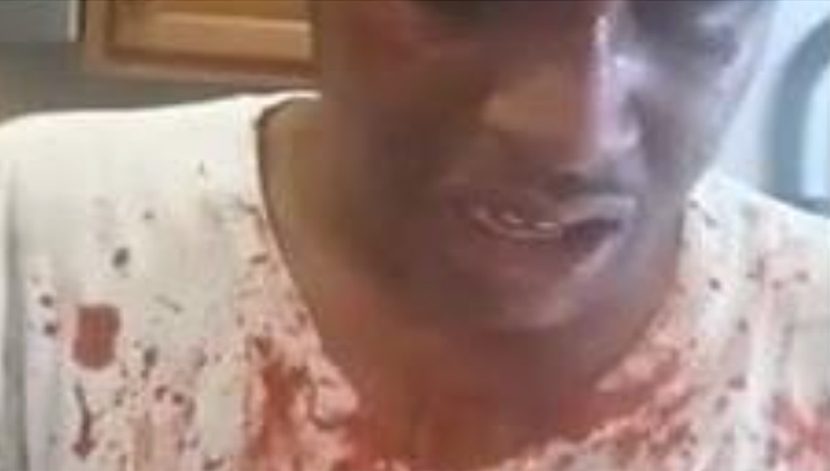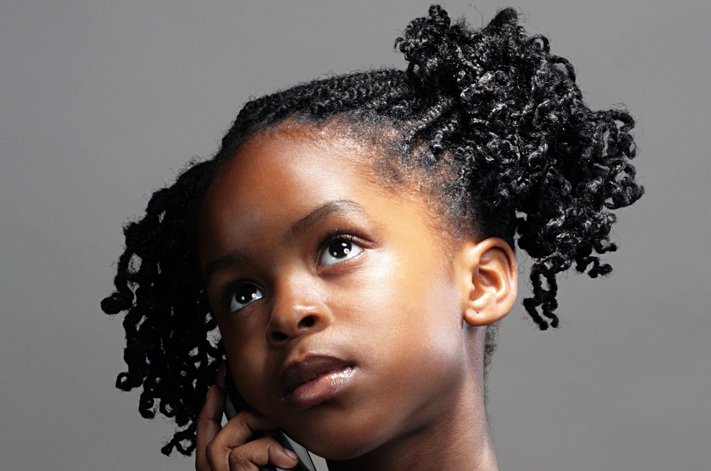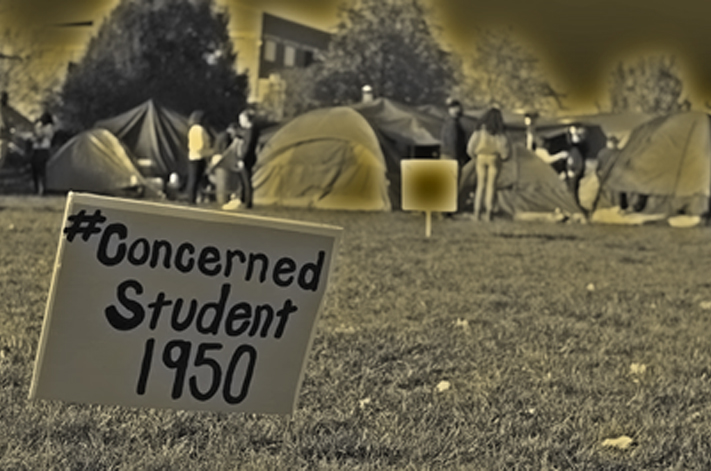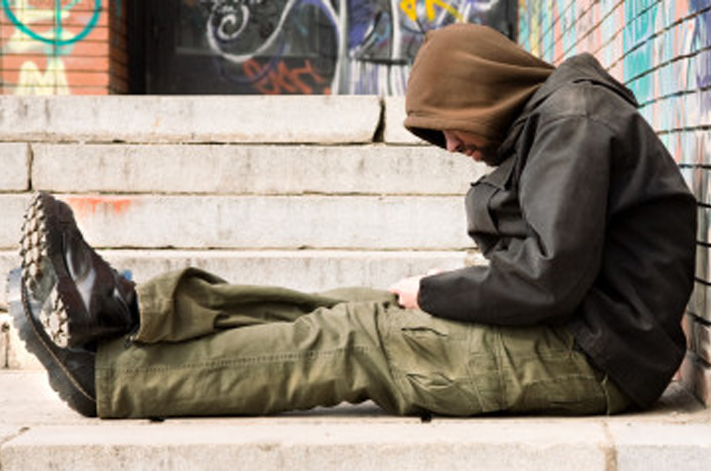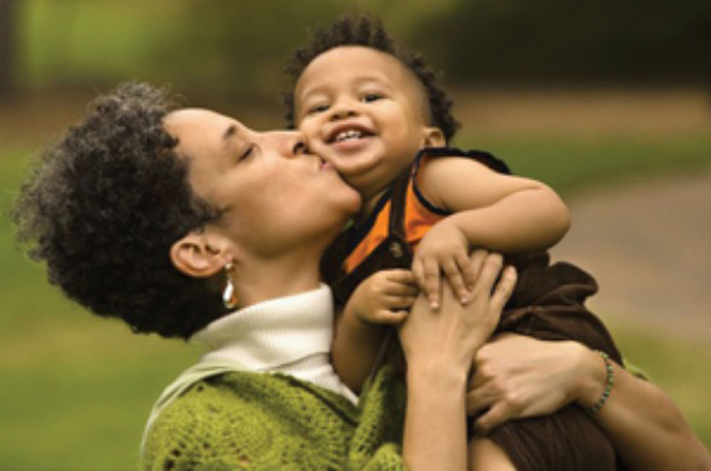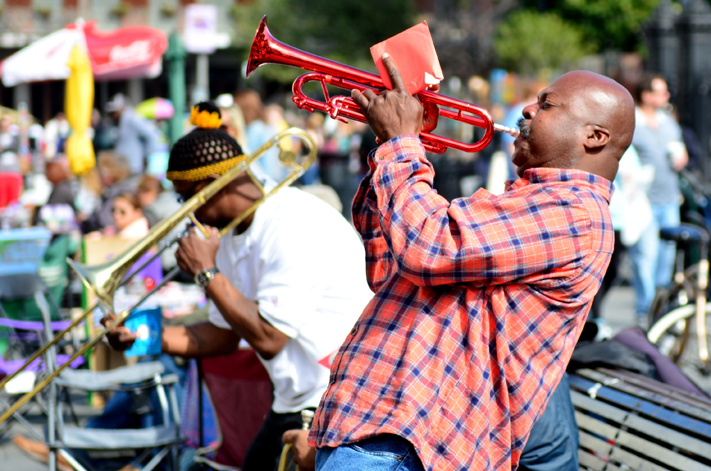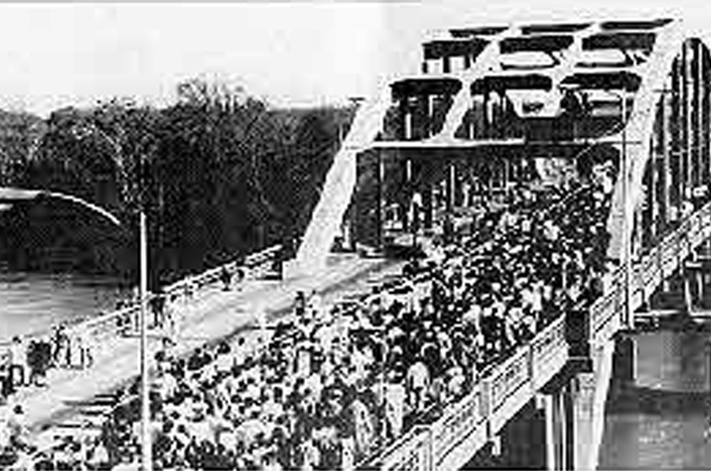Project Description
There are the softer truths we are told about a parent leaving that are supposed to make us feel better…
I was four when my mom sat me on the washing machine to explain the situation. Once she was sure I understood, she concluded, “I know how you feel, I don’t have a daddy either.” “But your daddy didn’t want to leave,” I replied “He died.”
The weight of that knowledge, that my father chose to leave, has borne heavy on my self-esteem, and thus my personality, ever since. How could I trust people to stay when one of the few people in my life who is supposed to stay forever didn’t want to. My father didn’t die or go to jail or even move to another state — my father never lived more than 20 miles away from me.
There are the softer truths we are told about a parent leaving that are supposed to make us feel better: he or she didn’t leave the children, but the marriage; he or she had been unfit and the children are better off “this way;” he or she got another job, family, religion or mode of transportation rendering it difficult to impossible to fulfill their parental duties. This was not the case. Even if it were, the unabashed truth is that after my dad left I would almost never see him again. Emotion trumps intellect and I felt alone, ashamed and potentially unwanted by everyone.
Making my journey more difficult is that I am bi-racial — black father and white mother. When my father left, he took whoever I would have become with that side of my family, my heritage, my identity with him. In a world where Obama is the first “black” president and Halle Berry is the first “black” woman to win the Oscar for Best Actress — the fact that not one of us is black, but rather mixed or bi-racial notwithstanding — it not only left me with issues of abandonment but also those of race.
A woman once asked my mother, who was standing next to me at the time, why I was so much darker than she. And imagine browsing in a store where your mother is being served and you are being summarily dismissed by the saleswoman who’s clearly annoyed that she would have to burn the place down since I had gotten my one drop all over her store. I am not exaggerating when I say I have been asked “What are you?” more than I’ve been asked my name.
Just before college, I called my father. I told him I was tired of being angry and afraid that the people who came into my life — both romantic and platonic — were ultimately going to leave me. I told him that when he left, he took a piece of my identity with him. I told him how hard it had been to grow up being asked on a daily basis “what” I was and not having him around to put things in context or make me feel like I belonged. And that my daily existence poses the question “Where is my father?”
He said people asked him about my whereabouts as well. Infuriated at the gall of his playing any kind of victim, I yelled that he had no right to compare our situations; that if people asked where I was he’d brought that problem upon himself: “When a child walks down the street, people wonder where their parents are. When an adult walks down the street, no one wonders where their kids are! Especially when no one has ever seen the parent and child together!”
“What college did you say you were going to?” he asked.
“Savannah College of Art & Design.”
“Well, that doesn’t sound like a law school to me and unless you plan on persecuting [sic] me, I have nothing else to say!” And he slammed down the phone, apparently unplugging it because my mother and I both tried calling back and even the answering machine didn’t pick up.
That would be the last time I would ever speak to my father.
For the next twenty years, his presence on my face would make me desirable to some and undesirable to others, interesting to some and fearsome to others; exotic is the metaphor people use. People asking me “what” I am or simply attributing conceivable nationalities to my looks, to me was a reminder that the man who should have been my father was out there somewhere (not somewhere, he was in the Bronx) not being my father.
In fall 2010, I saw a banner ad offering a chance to win a trip to anywhere in the world of one’s ancestral past. I have always been fascinated by the fact that my maternal great-grandmother came from a place in Austria that, depending on the politics of the time, was sometimes not in Austria (in fact, today it is in Croatia). If I won, I would bring my mom there. I entered the information I had on myself and on my mom’s side. All the relevant information I had on my father was his name and that he was 10 years older than my mom — no middle initial, no exact birth date. Within seconds a note appeared next to his branch on my family tree indicating there was information. It was from the Social Security Death Registry. My father had died two years prior.
I thought I was okay when I called my mother to report my findings (So, Joel’s dead, I said.). I thought I was okay the next day as I told my best friend. On the third day I knew I wasn’t. No one thought to notify me!
My father, according to my mother and my own toddler memories of him, doted on me. Mine had been a planned and, again, according to my mother (and her horrifying TMI), well-rehearsed conception of love. Evidently he’d boasted about me to everyone, showed me off, and had his name on all sorts of documents for myself as well as for my mother, his partner. And his ex-wife (prior to my mother; whose name was still listed at the address given as his last known at death), knew about us — she knew about me.
Certainly not being notified didn’t jibe with those supposed questions about my whereabouts; those questions he’d argued were as difficult for him as facing his absence every single day in the mirror and on the street was for me. All of this evidence that his daughter existed somewhere, if not in his life then in his history, and still I was informed of his death by entering a contest.
A few weeks later, I realized that I felt lighter. I started noticing more positive aspects of myself. And I saw — for the first time ever — that I was pretty. I was also more patient and more loving towards my mother than I can remember. The anger I’d been carrying around my whole life just seemed to have gone. It’s a nice feeling not to be angry all the time. I wish it had come sooner.
The man who should have been my father died the way he lived — neither actively including nor excluding me from his life — leaving me to wonder why. I’ve always known intellectually that my life was better for him not being in it, but he was there — always lurking in some shadow of self-doubt or propping up feeble excuses for my failure to do better in one thing or another. With my father truly gone, I’m no longer burdened by the thought that there’s a man out there who chose to stop being my dad.
Tania Fox is a Shower singer, overachieving slacker, NYC native, creative strategist for pay, volunteer life coach. This is where Tania Fox gets naked.
This piece was reprinted by EmpathyEducates with permission or license. We thank Tania Fox for her kindness and for inviting us to look at the complexity that is our relationship with parents. We also wish to express our appreciation for Medium‘s, Culture Club and Curator, Felicia Megan Gordon.

